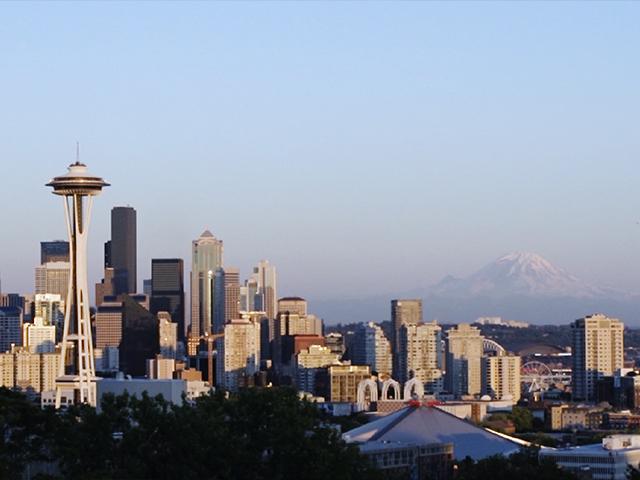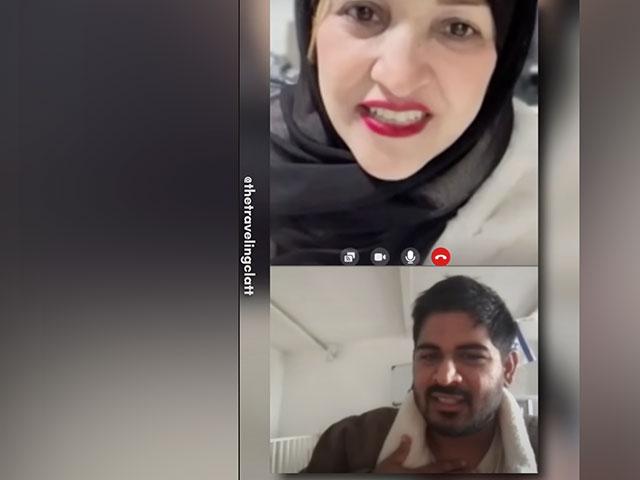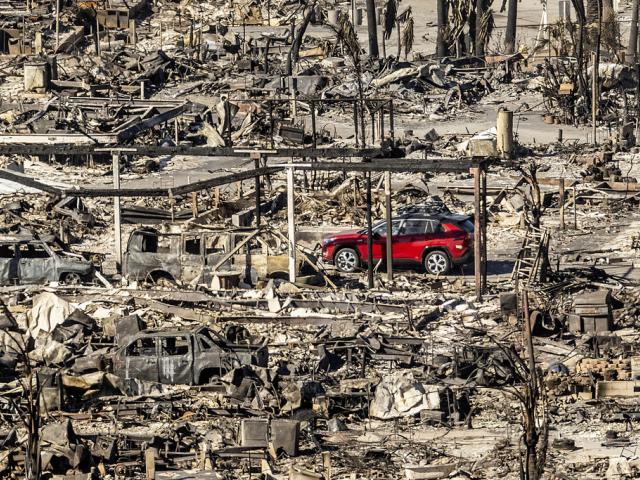JERUSALEM, Israel – Although the ceasefire between Israel and Hezbollah seems to be holding, many northern Israelis displaced by the war don't feel safe moving back to their homes.
Dean Sweetland misses the once bustling life at Kibbutz Malkiya on the northern border.
"This is a really busy place," Sweetland observed. "And now, it's nothing. It's a ghost town."
Sweetland also feels that unless someone experienced the near-constant Hezbollah attacks, they wouldn't understand why northern Israelis are hesitant to return home.
"You expect me to ring around my friends and say 'All the families should come home'? No. Because (a) two-month ceasefire doesn't mean three months, four months, five months, a permanent ceasefire. This is a two-month ceasefire where they after two months could just open fire again."
Orna Weinberg lives in the northern community of Kibbutz Manara. She told The Associated Press, "They (Hezbollah) can get more ammunition from Iran, they can come back to places that they were driven out of."
Weinberg dearly misses her lifelong home at the kibbutz. "The meaning of the name Manara is a beacon or lighthouse, and we are a beacon to the whole Galilee, to this whole area," she explained.
And they hope to be that light again. First, however, they want real guarantees that their families will be safe.
"We are very, very strong. But we must have security for our children," Weinberg stated. "We won't bring our children back unless we know they are safe for generations to come."
Many here believe the ceasefire prevented Israel Defense Forces troops from crippling Hezbollah as a fighting force.
Avivim resident Edward Sabbach-Shlomi said, "I think this war will resume again. What we had to do was finish the job once and for all."
For Moshe Asra, from the northern town of Shlomi, there's no hope until Hezbollah is simply no longer a threat.
"We must finish the job to the end," he insisted. "They do not know the meaning of life; they do not know anything. They know the rockets; 150 rockets were fired on average every day at us."
Asra is sad for what his eight grandchildren have had to endure.
"They are afraid all the time of the sirens. They run to the shelters all the time. It is impossible," he said.
Adults carry that same fear.
Miriam Sweidan from the Bedouin village of Arab al-Aramshe in the western Galilee, declared, "No, no, not now. I don't want (it). It is a bit scary next to the border, a bit scary."
Sweetland asked, "Does anyone expect the kibbutz to say, 'Bring your families back, everything is ok, it's ceasefire?' Rubbish!"
Still, Sabbach-Shlomi believes Israel has the power to make all of this have a good ending. "Getting good results is what you do – it doesn't happen by itself," he noted. "So, the government has to do what it takes to get a good result."
And a good result is what would bring the northerners home.
***Please sign up for CBN Newsletters and download the CBN News app to ensure you keep receiving the latest news.***
Did you know?
God is everywhere—even in the news. That’s why we view every news story through the lens of faith. We are committed to delivering quality independent Christian journalism you can trust. But it takes a lot of hard work, time, and money to do what we do. Help us continue to be a voice for truth in the media by supporting CBN News for as little as $1.












 Support CBN News
Support CBN News







